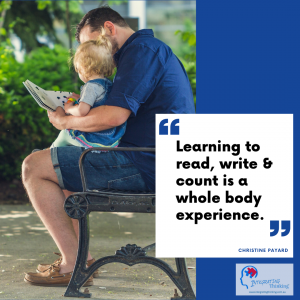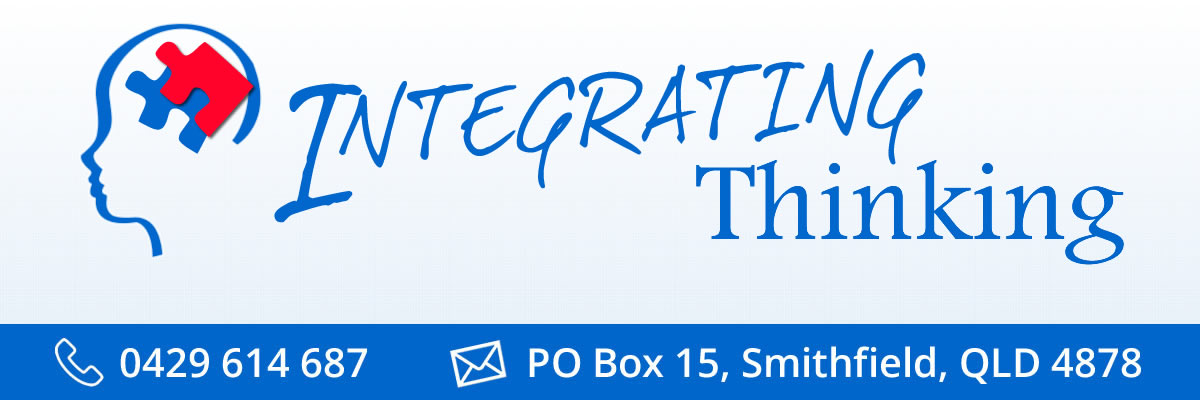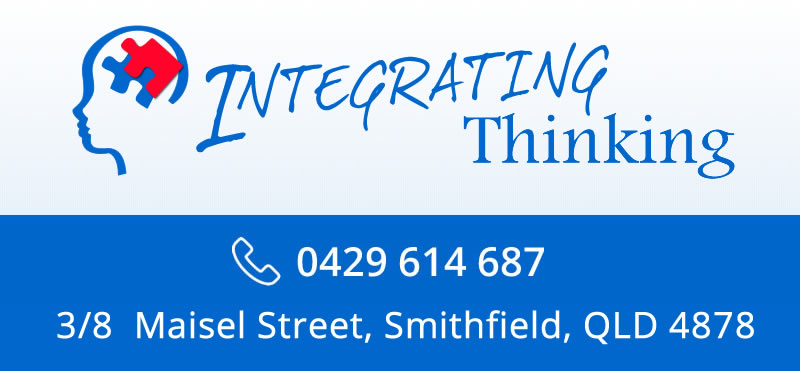“Digi-Kids”: Reading, Writing & Learning in a Digital Age.
 Did you watch 4 Corners “Digi-kids” last night (11/11/2019)?
Did you watch 4 Corners “Digi-kids” last night (11/11/2019)?
It’s worth watching, and I’m curious to know what you think. Here’s the i-view link: https://iview.abc.net.au/show/four-corners/series/2019/video/NC1903H040S00y
And, here’s my view:
At the risk of stating the obvious, literacy and numeracy are foundational for success in our education system. We know that.
Learning to read, write and work with numbers successfully in life is a highly complex process. Ideally, it begins with modelling and exposure to reading and learning opportunities. It involves a level of connection, a feeling of safety and comfort for the child during those learning experiences. There is a sense of joy and wonder in discovering that the marks on a page represent words and stories that can entrance us. Added to that sense of wonder is the concept that those words and stories come from a person who doesn’t have to be in the room with us. In addition, it requires well developed and functioning physiological and neurological support systems. (Well, let’s be fair, you knew I would say that at least once!)
There is no quick fix or “magic” school programme that will solve all the concerns around our children’s literacy and numeracy success. The variety of approaches outlined in the 4 Corners show demonstrated that. The causes, variations and combinations of factors that contribute to reading and writing challenges are numerous. The solutions to those are also quite complicated.
Learning to read is a physical and cognitive activity. It doesn’t just happen in the brain. Learning to read, write and count is a “whole child” experience.
Let me explain:
Reading involves vision. Our eyes need to work well together to provide consistent and stable visual images for us to process and make meaning from those images. It requires body stability so that we can concentrate on learning and not have to focus on controlling our movement. We need to develop our ability to hear, then connect sounds and combinations of sounds with abstract symbols (requiring hearing and vision working together). And, reading requires us to be able to process and analyse what we see on a page, understand it, then compare it to our prior experience so that we can build new knowledge.
It is complex! It takes time! It starts early!
For me, the big “takeaway” from the Four Corners program last night was this:
We are living in an experiment involving rapidly developing technology that has a massive influence on how we learn, the mediums we use to learn, and, how our body responds to the amount (and nature) of digital-based activity to which we are exposed. We don’t have the advantage of reading the outcomes of an ethics approved, double-blind, peer-reviewed research project that tells us what to expect for our children (and for adults for that matter) in this digital age. We can’t look for informed consent in this experiment. It is happening around us, we are involved, and, we need to be observant about the impact it is having. (Not just directly on our children’s brains and learning, but also on how we use it in our homes and lives.)
Human development and evolution do not occur at the same rate as our rapidly evolving digital world. Essentially, we have not evolved rapidly. [Although, there is growing evidence of changing brain function, health, well-being and physiology associated with the increased use of digital devices.] Our approach to learning, literacy and numeracy education needs to include what we already know about human learning and development, particularly in the early years when foundational learning strategies and processes are being learned and formed. We need to use what we know about learning and development, including the importance of social, emotional and physical dimensions in our lives and how they impact our learning and functional behaviours. What we do have is choice in how we respond to our digital environment, and we need to support our children to make wise choices. It’s hard when we are just as enamoured by technology as our children.
As adults, we need to broaden our sense of joined responsibility in the formation of learning opportunities and environments of our children. Learning occurs in the home and society long before school starts. Literacy and numeracy behaviours, understanding and knowledge, do too. Putting the “blame” for poor literacy and numeracy results at the feet of the teachers in our schools is possibly missing the mark. Yes, our learning and education system is critical with enormous influence on our children’s well-being and education. But learning as a human doesn’t start at 9 and finish at 3 with the bells of the school day.
I believe in the resilience of our kind to learn and adapt. I believe and have hope that as critical thinking and intelligent adults, we can understand and analyse the choices the digital world offers us, model, and guide children in their interactions and choices. We all need to take responsibility for the learning of our children, look at the whole child and examine what influences how they learn. Learning does not lie solely in the domain of our education system.
When we stop confining our discussion about children’s learning, literacy and numeracy skills into “schooling activity,” and, when we fully recognise that the foundations for learning success are laid early in life then carried into our schooling experience, then we may be able to address the full learning experience of the child. Then, we may see that literacy and numeracy rates start to improve. We need to remember that learning is a complete body experience, not just cognitive brain activity.
What do you think?
This is an opinion piece by Dr Christine Payard (PhD). Neuro-Developmental Educator and Director, Integrating Thinking. www.integratingthinking.com.au



